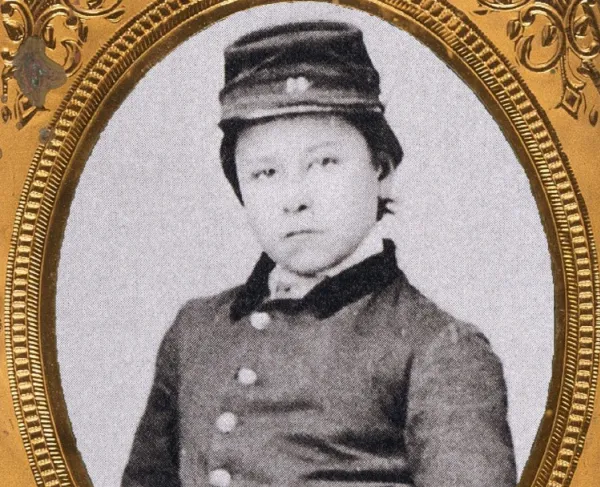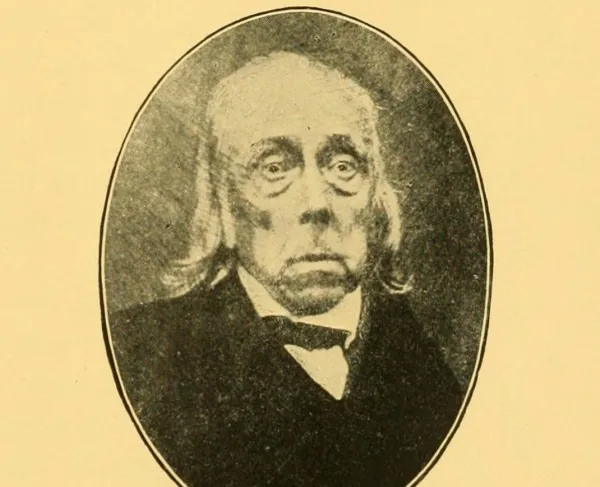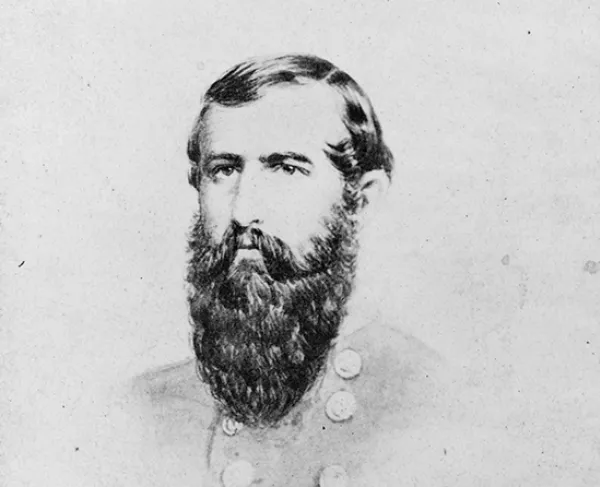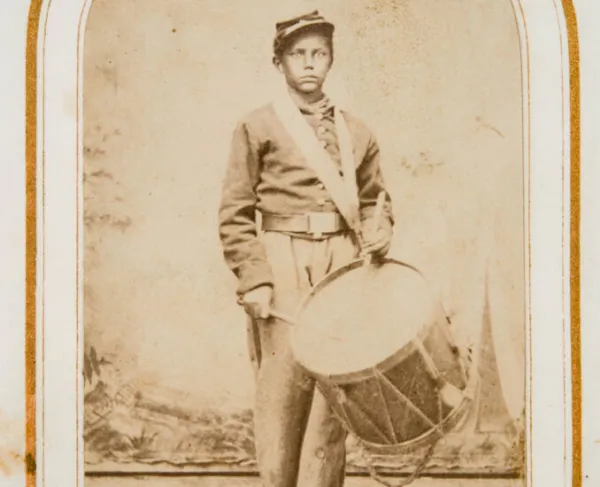Orion P. Howe

Orion P. Howe, one of the youngest soldiers to receive the Medal of Honor, was born December 29, 1848, in Portage County, Ohio. His father, William Harrison Howe, had recently returned home after serving in the Mexican-American War. His father was a musician and shared his musicality with Orion and his brother, teaching them to play instruments. When the Civil War broke out in 1861, Orion, his younger brother Lyston Druett Howe, and his father all enlisted in the 55th Illinois Volunteers. Orion’s father became the regiment’s bandmaster, with Orion, aged 12, and his brother both playing in the band. The elder Howe brother was a drummer boy.
The 55th mustered into service at Camp Douglas, in south Chicago, on October 31, 1861. They shipped out first to Saint Louis, Missouri, then Paducah, Kentucky, but because of their inadequate weapons did not take part in the battles of Forts Henry and Donelson. Howe and the 55th’s baptism of fire came at Shiloh, where, as part of General William T. Sherman’s division, they suffered heavy casualties. The regiment went on to fight at Corinth before joining Sherman, who was now in command of an entire corps, for the opening stages of the Vicksburg Campaign.
When Grant’s army reached Vicksburg on May 18, 1863, he ordered an assault the next day. The 55th Illinois would be part of the first wave of these attacks, assaulting the Confederate position known as the “Stockade Redan”. Here, Union troops had to rush down a narrow road (aptly named the “Graveyard Road”) with steep, deep ravines on either side, all while under murderous Confederate fire. The troops deemed this attack to be a “forlorn hope.” At 2pm, the 55th and other attacking units rushed forward down the road, only to be slaughtered by Confederate volleys. The survivors quickly moved off the road and into the ravine, which proved no better. Navigating their way through obstacles placed by the defenders, the 55th tried in vain to reach the summit. The men resorted to firing back ineffectually with their muskets. Ammunition soon ran low, and Colonel Oscar Malmborg needed to send a runner to ask for more. Amid the smoke and din of battle he saw his drummer boy, Orion Howe.
Howe, now aged 14, was already running among the corpses of his fallen comrades, collecting their ammunition and distributing it to the living. The men of the 55th cheered him on as he passed out the rounds, but this supply, too, soon dwindled. He announced that he would run to the rear and ask for more to be brought up. As he started sprinting away, up the slope of the ravine, Colonel Malmborg shouted after him to ask for caliber .54 ammunition. Duly noted, Howe kept running. The regimental historian recalled later that,
We could see him nearly all the way . . . he ran through what seemed a hailstorm of canister and musket balls, each throwing up its little puff of dust when it struck the dry hillside. Suddenly he dropped and hearts sank, but he had only tripped. Often he stumbled, sometimes he fell prostrate, but was quickly up again and he finally disappeared from us, limping over the summit and the 55th saw him no more for several months.
On his way up the slope Howe had been severely wounded, but with a clear presence of mind, when he reached the slope, looked for the most senior commander there. He saw General Sherman nearby and ran over. As Sherman later recalled,
…this young lad came up to me wounded and bleeding [, and] with a good healthy boy’s cry, [said] “General Sherman, send some cartridges to Colonel Malmborg; the men are all out.
Sherman asked about the boy’s wounds, but Howe brushed it off, imploring Sherman to send the 55th the .54 caliber cartridges as needed. Sherman promised Howe he would send the cartridges and ordered the boy to go to the hospital. In the confusion of battle, the rounds never reached the 55th, but they would have done no good anyway, as Colonel Malmborg misspoke: the regiment used .58 caliber muskets.
After the fighting ended, word spread of Howe’s actions, and General Sherman personally wrote to the Secretary of War Edwin Stanton asking to reward Howe with an appointment to the Naval Academy. A year later, and after receiving another wound at the Battle of Dallas, Howe got his appointment. However, Howe resigned from Annapolis in 1867, three years before graduation. He instead went to New York University Dental School and practiced dentistry for many years in Springfield, Missouri. There, 33 years after his heroic actions at Vicksburg, Howe received his Medal of Honor in 1896. He died in Springfield January 27, 1930, at age 81.
Related Battles
4,910
32,363





